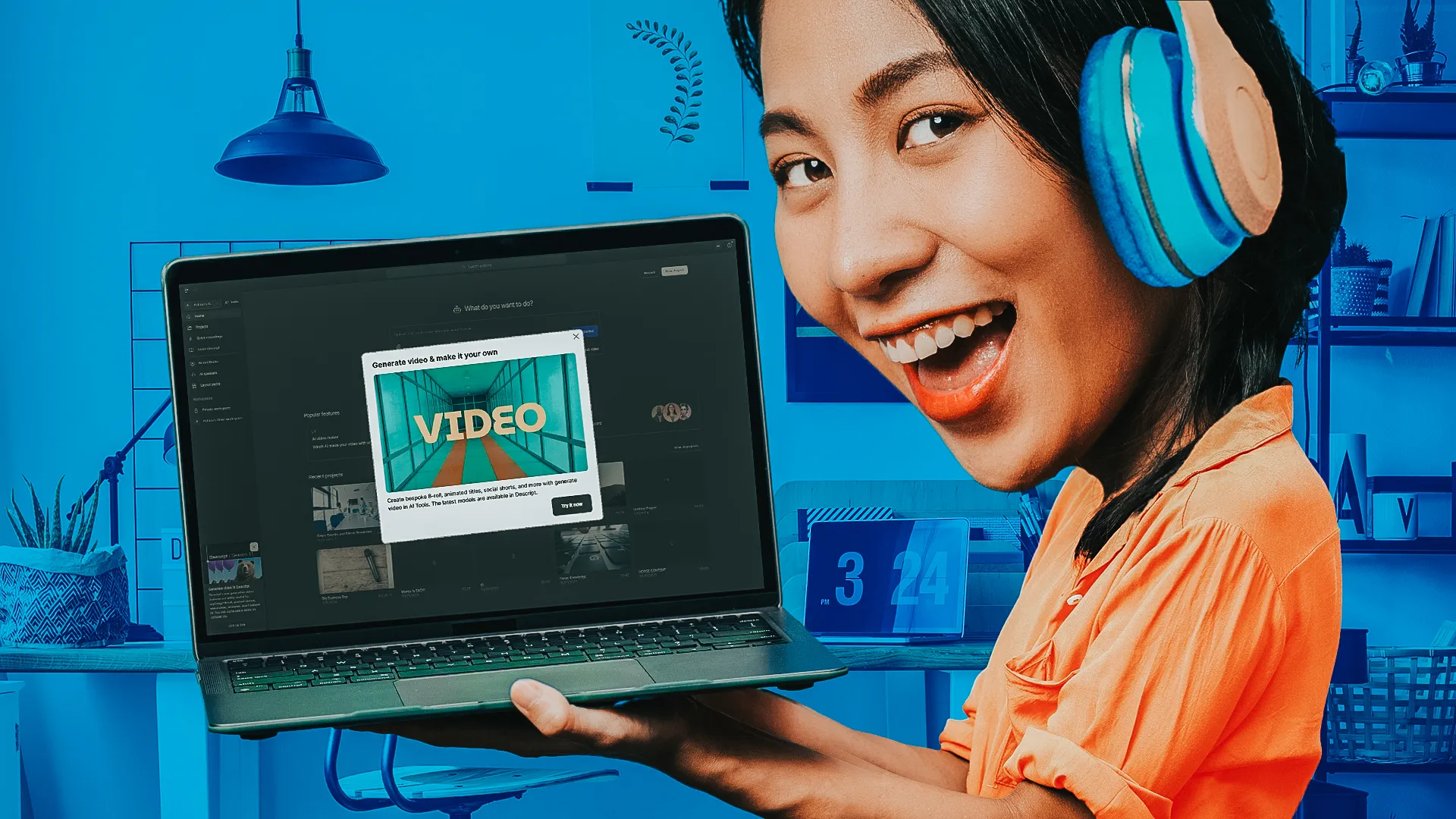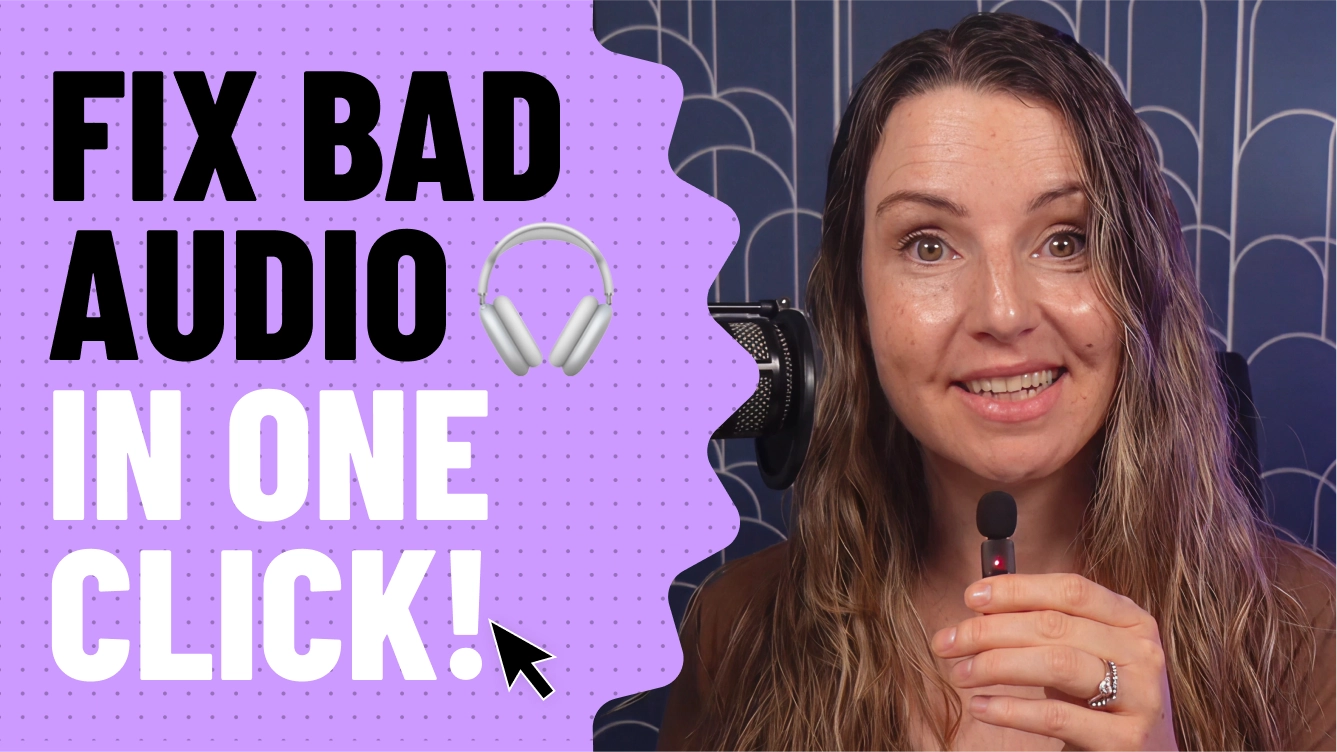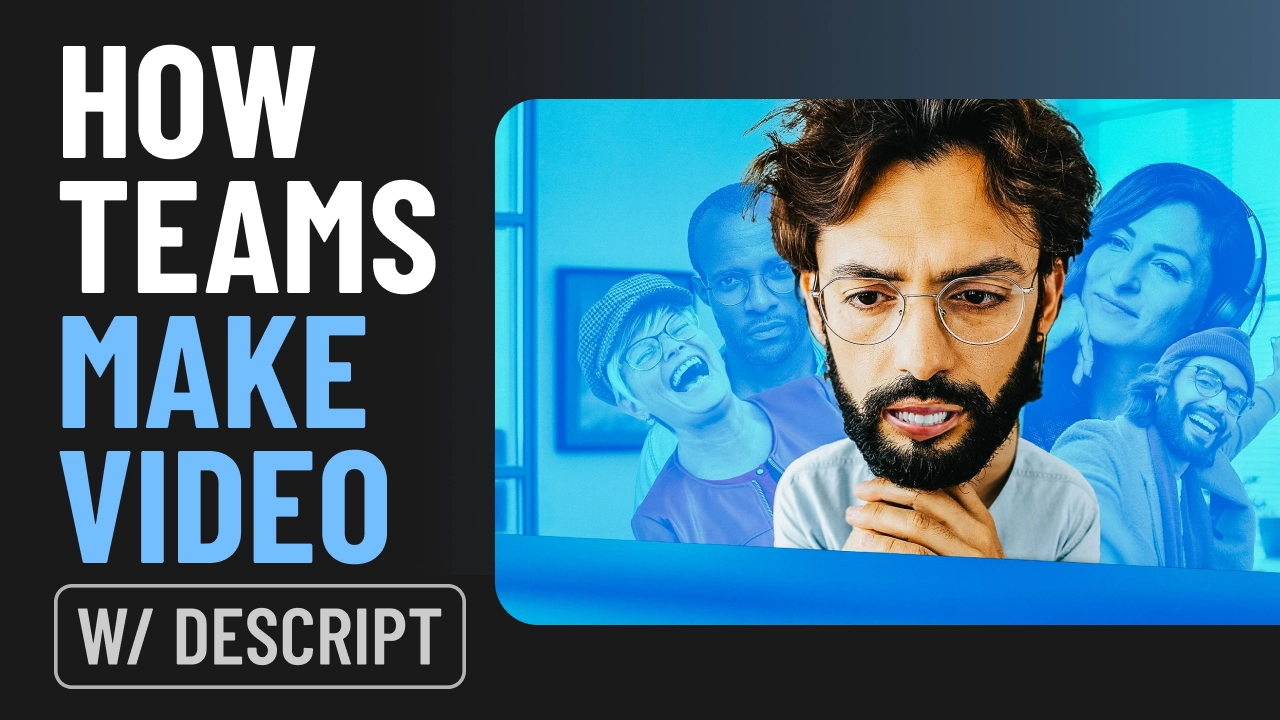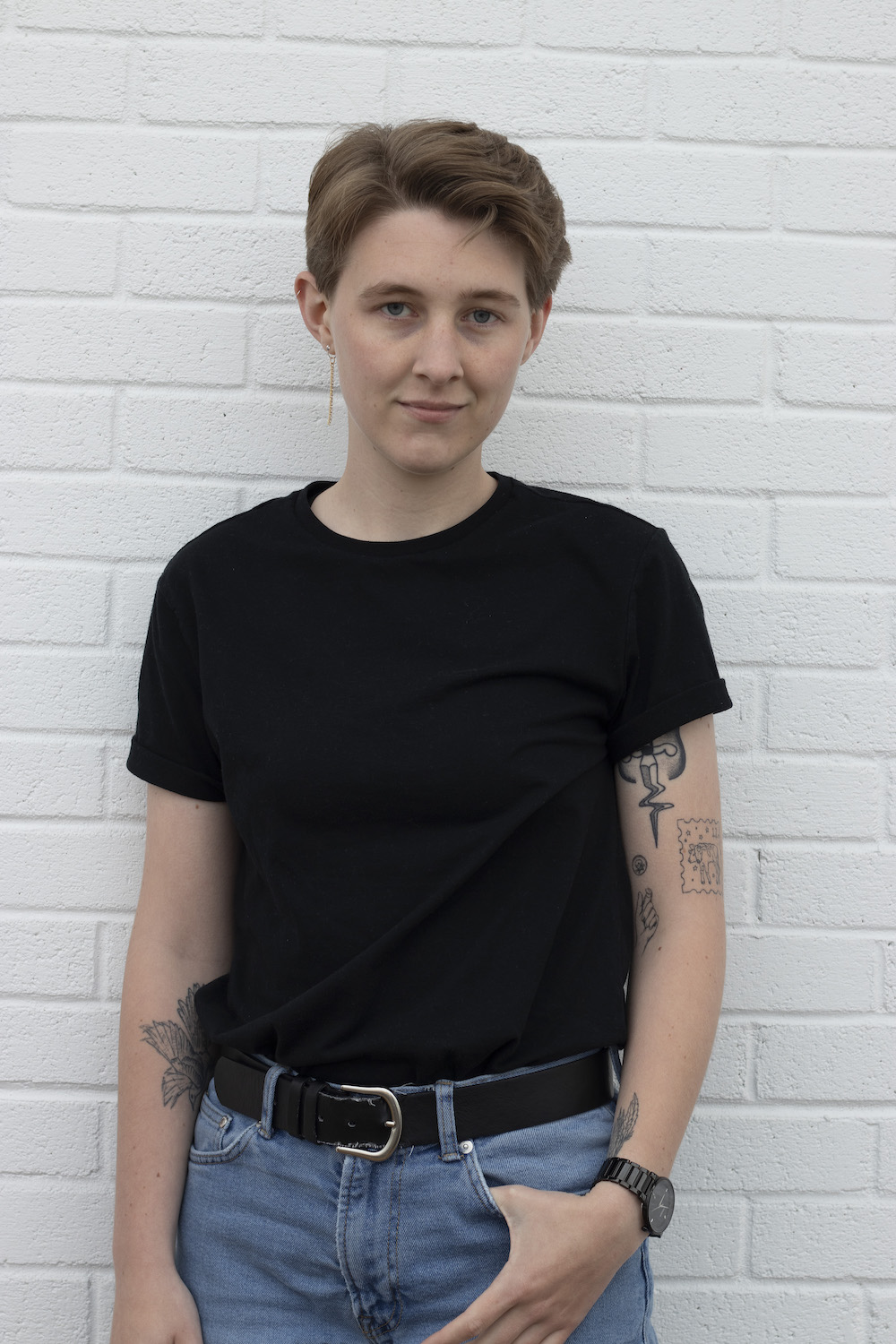These days, you can't scroll through social media without stumbling across someone launching their own podcast.
Podcasting is a several-billion dollar industry that has sold books and mattresses, united former Presidents and aging rock stars, and freed at least one person from prison. Shows range from household names like This American Life to niche podcasts like Living Beeing (which is exactly what it sounds like—all beekeeping, all the time). Simply put, podcasting is huge.
But it wasn't always this way. There was a time when this esoteric form of "audio blogging" existed only for the most dedicated tech enthusiasts. This article unpacks the fascinating evolution of podcasting — along with some predictions for where the industry is headed and how you can join the audio revolution with your own show.
The origins of podcasting
With some of the most popular podcasts garnering millions of subscribers (the Joe Rogan Experience gets over 11 million listeners per episode), podcasting has clearly become a cultural phenomenon. But the history of podcasts reveals humble beginnings that are far from today's massive audience numbers.
Early podcast beginnings
Before podcasts were invented at the turn of the 21st century, people had been experimenting with video blogs and internet radio shows. The true beginning of podcasting history came in 2003, when software engineer Dave Winer developed an audio RSS feed for former The New York Times reporter and public radio host Christopher Lydon, who used this new RSS technology to offer audio content of notable interviews on his blog.
Tapes of Lydon's interviews made their way through BloggerCon in 2003. In 2004, Winer partnered with former MTV VJ Adam Curry to create iPodder, a program that automated the delivery of internet radio broadcasts and other audio content to iPods. These broadcasts were soon called podcasts, a term combining 'iPod' and 'broadcast,' named after Apple's popular MP3 player that played them.
 |
By the end of 2004, the very first podcast hosting platform Libsyn (short for Liberated Syndication), came to life.
In 2005, Steve Jobs built podcast subscriptions into iTunes (now known as Apple Podcasts). At that point, podcasts stopped being a niche hobby for tech enthusiasts and started their path toward the mainstream.
The rise to mainstream popularity
Although podcasts steadily gained popularity since 2004, many podcast historians agree that podcasts didn't truly become mainstream until the launch of the true crime podcast Serial in 2014. The podcast was the first show to reach five million unique downloads on iTunes. The total number of monthly podcast listeners in America jumped from 40 million in 2014 to 88 million five years later, demonstrating how this single show transformed the medium's reach.
The first-ever podcast
Technically, Radio Open Source by Christopher Lydon was the first podcast when it launched in 2003, though the term "podcast" wasn't coined yet. The word "podcast" was introduced by Guardian columnist Ben Hammersley in February 2004, when he was writing about the emerging audio blogging phenomenon. The concept was then pioneered and popularized by Adam Curry.
After iPodder was created, Curry launched what many consider the first true podcast, The Daily Source Code, in August 2004. This pioneering show was meta in nature—a podcast about podcasting itself. It featured insights on Curry's everyday life and developments in the podcasting space, covered general news, and played music from the Podsafe Music Network, establishing early standards for the medium.
Technical foundations: how RSS shaped podcasting
Podcast distribution wouldn’t be what it is today without the advent of RSS feeds, first formalized by Dave Winer and Adam Curry in the early 2000s. This open standard allows creators to publish audio files alongside text-based metadata in an enclosure tag. As a result, episodes can be automatically delivered to podcast directories and apps, eliminating manual downloads. The standardization of RSS 2.0 helped unify the industry, making it easier for listeners to subscribe across different platforms. Even though new measurement guidelines evolve, the core mechanics of RSS remain largely the same. And to this day, many podcasters still rely on this system to reach a global audience, underscoring just how important RSS was (and continues to be) for the growth of podcasting.
History of podcasts timeline
Foundational podcast developments
RSS audio technology emerges
- Dave Winer created the RSS podcast feed.
- The world's first podcast, Radio Open Source, was released by Christopher Lydon.
The term 'podcast' is coined
- Dave Winer and Adam Curry created iPodder.
- The first podcasting network, Libsyn, was created.
- The term “podcasting” was used for the first time by Ben Hammersley in The Guardian.
Word of the year recognition
- Podcast is made word of the year by New Oxford American Dictionary.x
- Apple iTunes 4.9 is released with native support for podcasts.
- George W. Bush became the first president to deliver a weekly address as a podcast.
- The world's first podcasting book by Todd Cochrane, Podcasting: Do-It-Yourself Guide, was released.
 |
Celebrity podcast milestones
- Steve Jobs demonstrates how to make a podcast using Apple's audio editing software, GarageBand, in his keynote speech during Apple's Worldwide Developers Conference.
- Ricky Gervais sets the Guinness World Record for most downloaded podcast in one month (over 260K downloads).
Breaking download records
- Adam Carolla becomes the next Guinness World Record holder for the most downloaded podcast with over 59 million downloads.
Serial and NPR transformation
- Popular NPR radio show This American Life launches in podcast format.
- True crime podcast Serial premieres and listenership of podcasts triples over the next five years.
Award and presidential milestones
- Serial is the first podcast to win a Peabody Award.
- Marc Maron interviews President Barack Obama on WTF with Marc Maron.
Podcast adaptation to television
- Amazon Prime premiered the first television show based on a popular podcast, Lore, created by podcaster Aaron Mahnke.
Streaming platform investments
- Joe Rogan announces a three-year licensing deal with Spotify, reportedly worth $200 million.
 |
Factors driving podcast popularity
The beauty of podcasts is that there's a show for just about every topic, a diversity that has been central to the history of podcasting's growth. Listeners can find podcasts for almost every niche passion or interest—like the Denzel Washington Is The Greatest Actor Of All Time Period comedy podcast, which simply goes through Denzel Washington's filmography in alphabetical order. Or Shezam, a podcast for female magicians.
And with the rise in popularity comes the evolution of podcast monetization. Today, creators are able to monetize their podcasts with podcast ads and affiliate marketing. This financial ecosystem has resulted in podcasts with higher production value—and incentive for more people to create new podcasts, further expanding the medium's reach and influence.
Current podcast landscape
Podcast statistics show that 41% of Americans have listened to a podcast in the past month, and the podcast advertising market worldwide reached $3.46 billion in 2023. These numbers demonstrate how podcasting has evolved from a niche hobby to a mainstream medium that brands increasingly use to reach diverse audiences.
Global growth and emerging markets for podcasts
Podcasting isn’t just a North American or European phenomenon—it’s booming in emerging markets too. In India, for example, the number of podcast listeners doubled between 2018 and 2022, according to PwC data. Much of this growth is tied to increased smartphone adoption and more localized podcast content. Spotify’s 2022–2023 localization efforts underscored how global platforms see value in catering to linguistic and cultural nuances. Meanwhile, new regulations like the EU’s Digital Markets Act are forcing large platforms to become more interoperable, potentially benefiting even more international users. All of these factors indicate that podcasts have become a truly worldwide medium, rather than a niche product of only English-speaking countries.
Podcasting evolution and growth
The number of podcast listeners grew to 254.35 million by 2024. According to Forbes, "private podcasting" has emerged as a significant trend, leading to smaller, more intimate shows that are only available to those with a private invite—a development that represents the medium's continued evolution.
Video podcasts have become increasingly popular, with YouTube establishing itself as a major platform in the podcasting ecosystem by adding support for podcast playlists and RSS feeds. YouTube is now the number one source for podcast discovery. This visual evolution represents one of the most significant developments in recent podcasting history, with more creators adding video elements to previously audio-only formats.
Along with that, artificial intelligence (AI) has become a transformative force in podcasting. AI-generated podcasts now exist, for better or worse. High-profile shows like Believable: The Coco Berthmann Story have used custom AI voices as stand-ins for characters that couldn't be interviewed. Tools like Descript have made AI accessible to podcast creators at every stage of production—from planning to recording and editing—representing a new chapter in podcasting's technical evolution.
Start your podcast with Descript
If you're thinking of starting your own podcast, it's important you have the right tools.
Descript is an all-in-one podcasting solution that allows you to record, edit, and publish your podcast. It offers a number of powerful AI features to save you time so you can focus on being creative, including:
- AI voice cloning to fix audio mistakes without having to re-record
- Filler word removal to remove words like “um” and “you know” in a single click
- AI-generated podcast show notes and YouTube descriptions
- Studio Sound to remove background noise and create professional-grade audio
The best part: Descript is incredibly user-friendly. If you know how to edit a Word document, you can edit your podcast using Descript.
Take a free tour today and see why thousands of creators rely on Descript to produce their podcast.
History of podcasts FAQs
How did podcasts begin?
Podcasts began in 2003 when software developer Dave Winer created the first audio RSS feed. One year later, Ben Hammersley coined the term 'podcast,' and Christopher Lydon and Adam Curry collaborated to create the iPodder—the world's first podcast listening application that automated downloading audio files to portable MP3 players.
Who invented podcasts?
Software developer Dave Winer is generally credited as the inventor of podcasting, thanks to his development of the first audio RSS feed.
What was the first podcast?
The first show we'd recognize today as a podcast was Radio Open Source. It was created by Christopher Lydon, a former New York Times journalist, in 2003, though Adam Curry's The Daily Source Code from 2004 is often cited as the first show that fully embraced the medium's potential.
How did podcasts become popular?
The reason why podcasts became so popular depends on who you ask. Some say the true crime show Serial was the catalyst that pushed podcasting into the mainstream in 2014; others point to Apple's integration of podcasts into iTunes in 2005 as the critical infrastructure development. What's clear is that both technological accessibility and compelling content were necessary for the medium's explosive growth.
How do I measure my podcast audience accurately?
Most creators rely on unique downloads to gauge their audience, but this can lead to inflated metrics. The IAB 2.1 guidelines introduced standard methods for measuring downloads, which helps reduce inconsistent reporting. Analytics platforms that follow these guidelines track factors like partial vs. complete downloads, delivering more reliable data. However, because these guidelines weren’t widely adopted until 2020, comparing older statistics to newer ones can be tricky. It’s best to use consistent methodologies across all streaming or hosting platforms for an apples-to-apples view of your audience.
Are podcasts popular internationally?
Yes, podcasts have gained worldwide traction, notably in markets like India where the listener base doubled between 2018 and 2022. This growth coincides with greater internet accessibility and the rise of localized content. Additionally, platforms like Spotify have expanded into dozens of new languages to cater to regional audiences. As the global smartphone market grows, more listeners are discovering podcasts on diverse topics. The latest Pew data also shows that many countries are experiencing steady increases in podcast listenership, indicating a truly worldwide appeal.








































